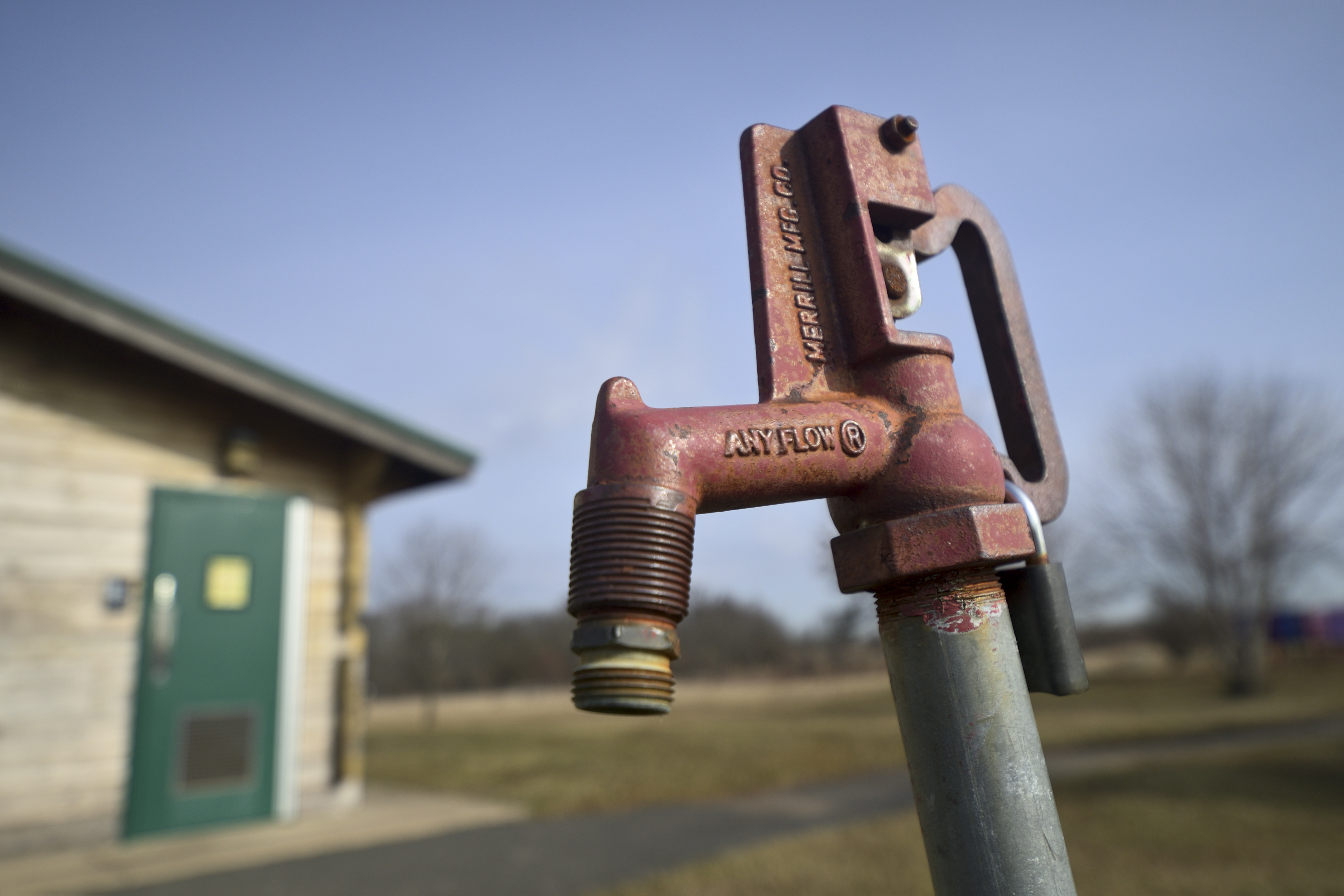Manufacturers of toxic nonstick chemicals are ramping up lobbying efforts in the face of heightened lawmaker scrutiny of the products — often referred to as “forever chemicals” — which are found in a range of household items.
At least one manufacturer is set to testify before lawmakers this fall about what they knew about the damaging health risks associated with their products. And House Democrats may call other companies to testify as well. The increased attention to per- and polyfluoroalkyl substances, or PFAS, comes as manufacturers like 3M pour millions into combatting regulation of the chemicals.
Many communities have experienced devastating side effects that they link to PFAS exposure, including cancer. But for decades, the man-made class of chemicals found in everything from Teflon pans to firefighting foam has largely gone unregulated.
The Environmental Protection Agency (EPA) has controversially declined to set a maximum containment level (MCL) — or drinking water quality standard — for PFAS, even as the agency has pledged that it will act on the issue by the end of the year.
Currently, the EPA imposes a non-enforceable health advisory level of 70 parts per trillion, a standard that applies to only two types of PFAS chemicals, PFOS and PFOA, despite the growing prominence of other chemicals like GenX. Meanwhile, PFAS are increasingly appearing in water and food sources, including on farms.
During a Wednesday hearing of the House Oversight Environment Subcommittee, Chairman Harley Rouda (D-CA) criticized the companies behind PFAS, including DuPont and 3M. Both companies knew as early as the 1970s that PFOS and PFOA were toxic to humans. DuPont even tested the blood of employees for PFAS, while 3M circulated an internal memo in 1978 underscoring the toxicity of its products.
“You would think that in the United States, when we know a substance is toxic, we would take immediate action to prevent corporations from pumping those substances into our bodies and the environment,” said Rouda in opening remarks that focused largely on accountability from manufacturers.
“These corporations neglected to tell people what was in those products and, worse yet, suppressed the scientific evidence that these chemicals were hazardous,” the lawmaker emphasized.
In addition to that line of attack, Wednesday’s hearing examined the health risks associated with PFAS, along with the EPA’s controversial decision to stall efforts to regulate the chemicals — a move slammed by communities in impacted areas like New York and Pennsylvania.
“I need polluters to be held accountable,” said one witness, Sandy Wynn-Stelt from Michigan.
Her blood contains a high level of fluorochemicals linked to drinking water contaminated by a neighboring dump filled with PFAS-laden Scotchguard, a source that may also have killed her husband. Wednesday’s hearing also brought testimony from areas like Parkersburg, West Virginia, where a PFOA leak from a DuPont plant contaminated the area’s water supply for years.
Democrats indicated on Wednesday that they plan to continue pursuing corporate accountability. They announced a Sept. 10 hearing that will focus on what companies knew about PFAS’ risks and to what extent they hid that information.
In a statement, 3M said the company would testify at that hearing and would share “our perspective and research” with lawmakers. DuPont and other manufacturers have also been invited but it is not clear yet whether they will attend. Lawmakers have said they may seek to compel companies to testify if they do not agree to engage voluntarily.
As Democrats’ scrutiny grows more aggressive, corporations are boosting lobbying efforts. E&E News reported on Thursday that a lobbying boom has been sparked; 3M has spent $1.89 million in this year’s second quarter, marking a 103% increase over the same period last year.
Those expenses relate to a variety of issues but include pushing back on efforts to regulate PFAS. Chemours, a company spun off from DuPont and associated with GenX contamination in North Carolina water, has also ramped up its lobbying on “PFAS legislative proposals,” as have other manufacturers.
Such lobbying efforts are only likely to increase. Corporate accountability has become increasingly popular after successful suits against the tobacco industry, which knowingly concealed the risks associated with nicotine from the public for years. More recently, states and cities have moved to hold fossil fuel corporations like ExxonMobil responsible for hiding the dangers of climate change from the public while continuing to push their products.
And even as lawmakers move to take action on the federal level, state governments are also cracking down. Michigan, a state plagued by water crises, has indicated that it will not wait for the EPA to regulate PFAS. Instead, officials are looking into regulating certain PFAS chemicals themselves in order to protect residents.
Catherine McCabe, commissioner of the New Jersey Department of Environmental Protection, also said on Wednesday that her state is looking to target corporations.
“New Jersey believes that the manufacturers… should be held responsible to the public for the costs and damages of the drinking water contamination and other harmful consequences of their actions and negligence,” she said.

